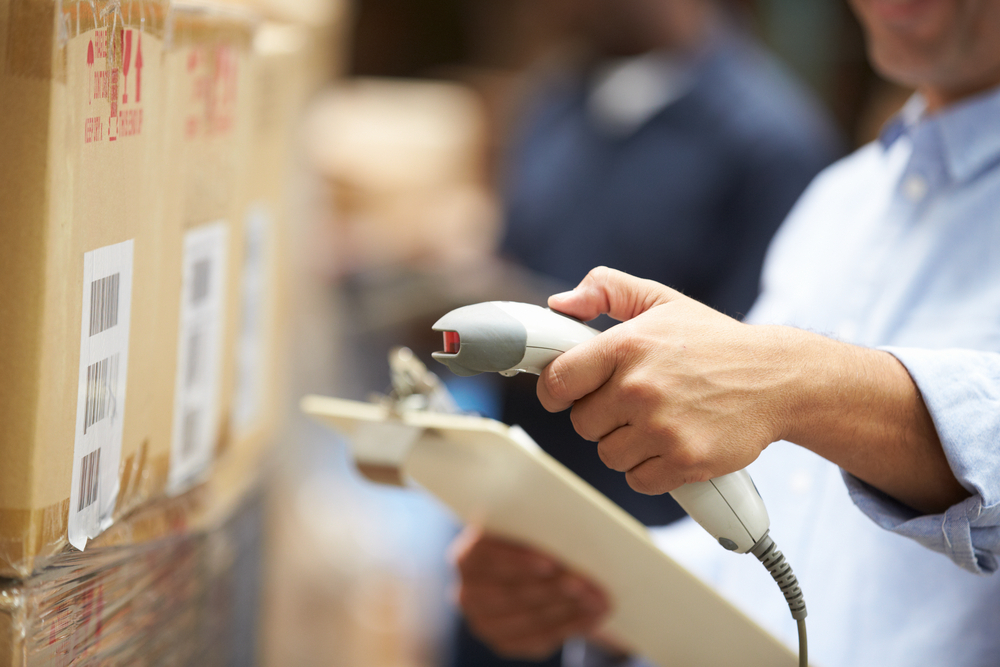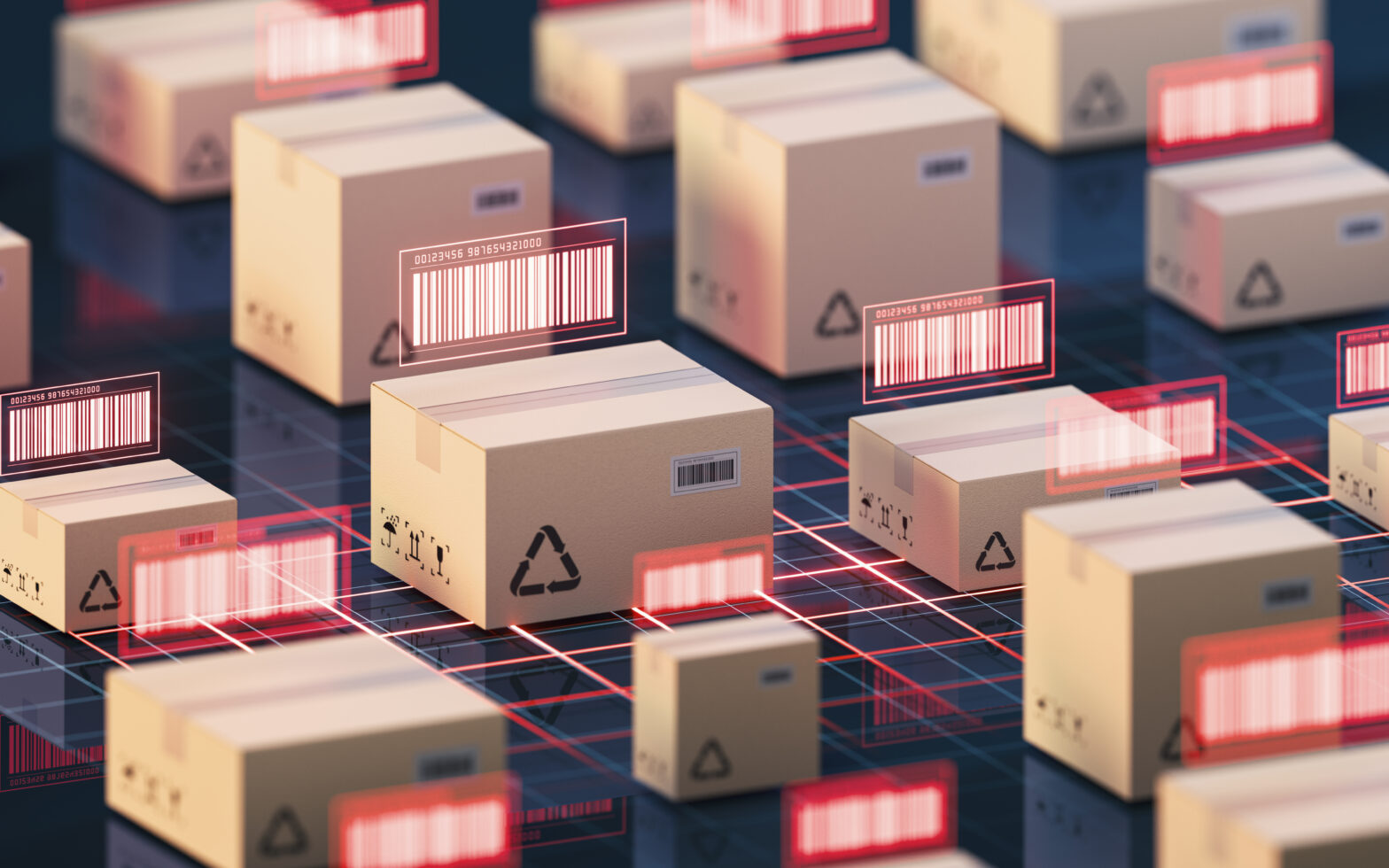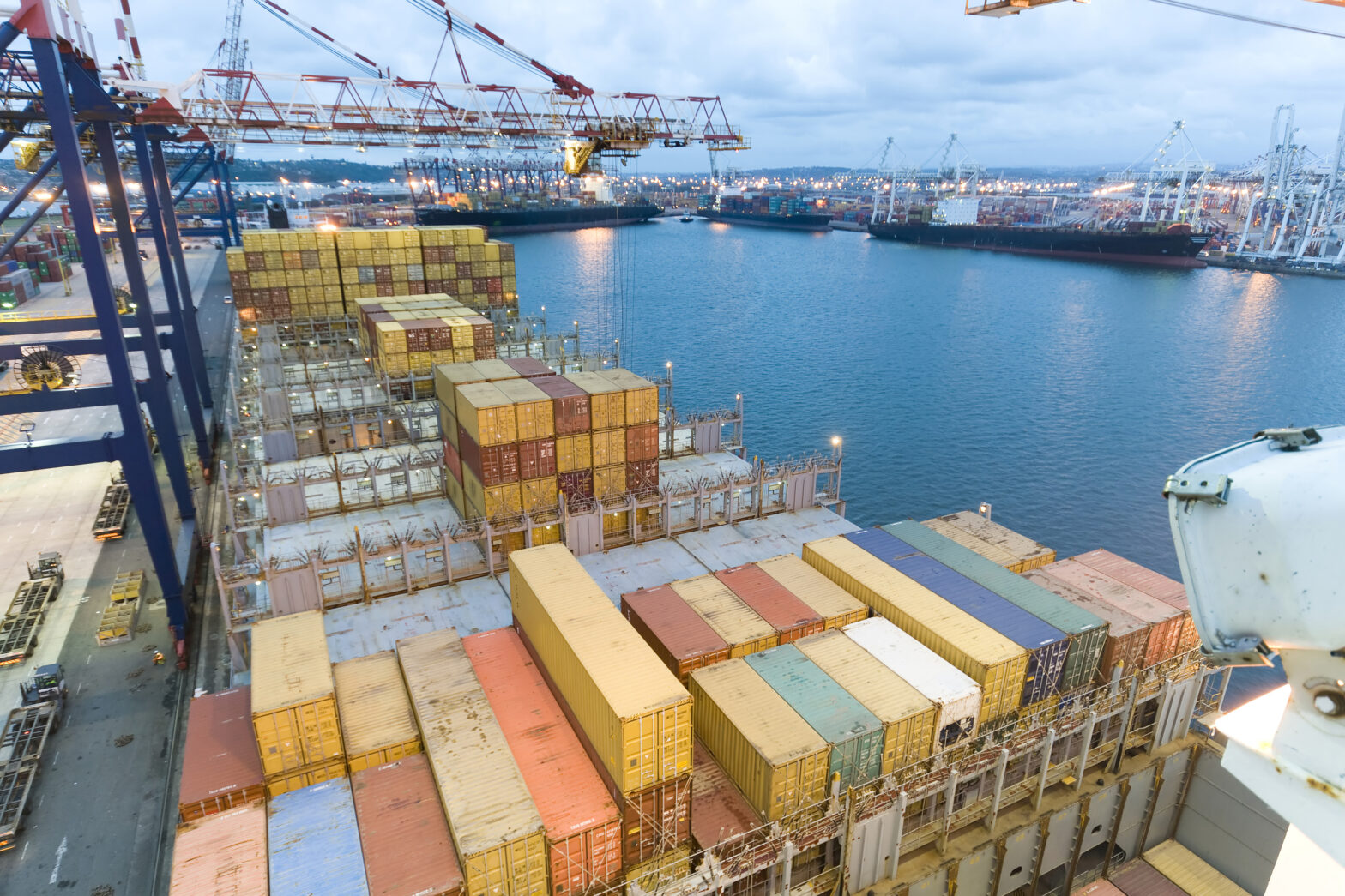Consumers expect to order the goods they want from any channel and receive them with an immediacy that can be hard to achieve. Added to this expectation, the lead time between an order being placed and goods arriving is shortening all the time and yet customers expect better service levels. It is therefore essential to have the right partnerships with delivery providers in place to ensure that when a parcel arrives with a customer, the delivery experience matches your business’ brand values.
According to research by IMRG, courier firms are responsible for delivering £38 billion worth of sales from e-commerce. With business volumes at such a high level, missed deliveries can be an expensive problem and not having the capability to notify customers with an estimated arrival time is a big contributing factor. Each failed delivery is estimated to cost up to £238 once all the associated elements like fuel, driver wages and goodwill are taken into account.
What should business owners take into consideration when appointing a delivery partner? The first and most important point for a business owner to appreciate is that delivery companies are not anonymous. Your customers will notice the courier firm you use and this element of the transaction forms a key and final lasting impression of their overall experience. As such, consumers can actively rate them and are aware of the different courier firms and their brand names.
Bad experience
The effect of this was demonstrated in the results of the January 2014 Moneysaving Expert survey into consumer satisfaction with delivery companies. Although this was an online poll and the results should be interpreted as such, it was clear that consumers could recall names of the delivery companies that had delivered the best service levels and were the most efficient. Respondents could also rank them by name in order of preference. The most popular delivery company was cited as the best by respondents because they communicate very proactively with consumers to tell them where their parcels are and when they will arrive, they also allow customers to easily change delivery times and they provide a one-hour ETA window for convenience.
Business owners should therefore be targeting delivery companies that are brand aware, because when a courier delivers a parcel, it automatically becomes an extension of the sender’s brand.
Having a delivery company able to maximise the ‘doorstep experience’ is increasingly relevant, especially for luxury or niche brands. It is such a significant aspect of the e-commerce experience that some high-end retailers have even started using bespoke couriers to better reflect their brand positioning. For instance, one start up is offering retailers the opportunity to have a fully liveried delivery van for the ultimate service. Think about what that says to fashion and lifestyle consumers who buy into a particular brand identity? Companies like Swarovski could be equipping a glittering sports car for instance, whereas FatFace might choose a sporty four-wheel drive Mini.
Modern approach
When researching a potential delivery partner, one of the first questions business owners should be asking is the extent to which the transport provider is using mobile technology. This is central to enabling a courier to offer the right level of service and ideally partnership should be forged with those that have already invested in mobile data solutions. There are numerous customer service benefits to having this capability, including the ability monitor delivery success rates like ‘% on time’ levels, ETAs and re-delivery rates; the ability to send real-time proof of delivery messages to the customer and reduced risk of fraud by using unique PIN number based tracking.
Ultimately, if a delivery company is able to offer real-time tracking and enhanced services like one-hour delivery window communications, you know they understand your customers’ expectations and will work with you to ensure your service offering is excellent. By working with a more forward thinking delivery company, you are effectively ‘future proofing’ your supply chain processes. Then, if at a future point you want to start providing one hour or sameday deliveries, your existing provider is already equipped to adapt accordingly and can evolve as your business offering matures.





